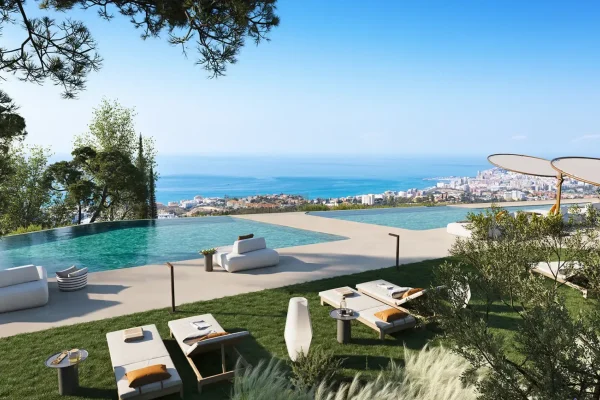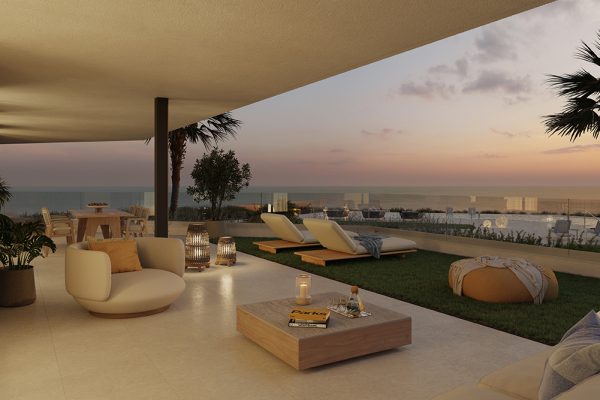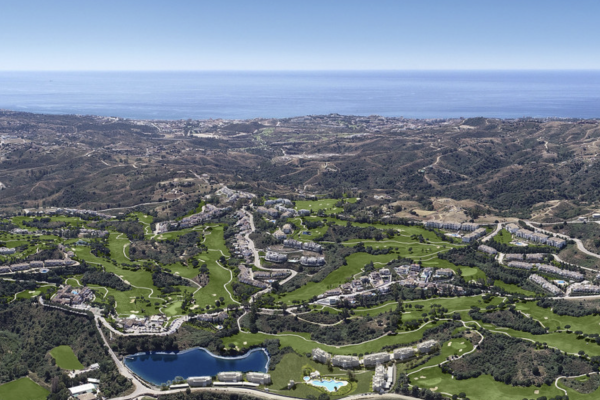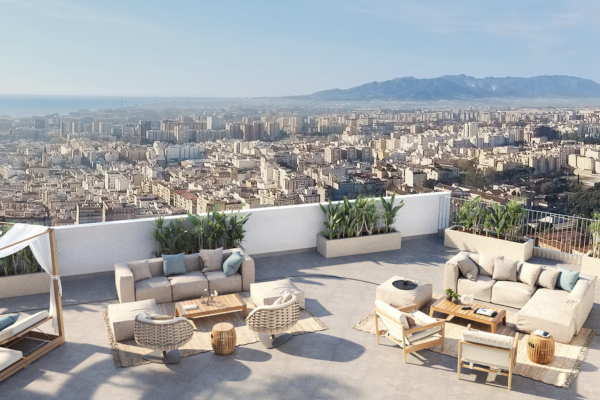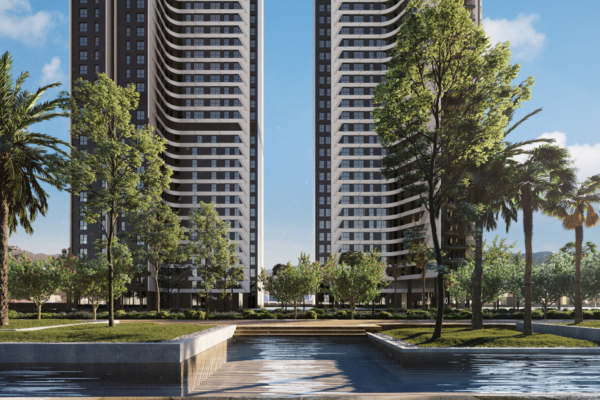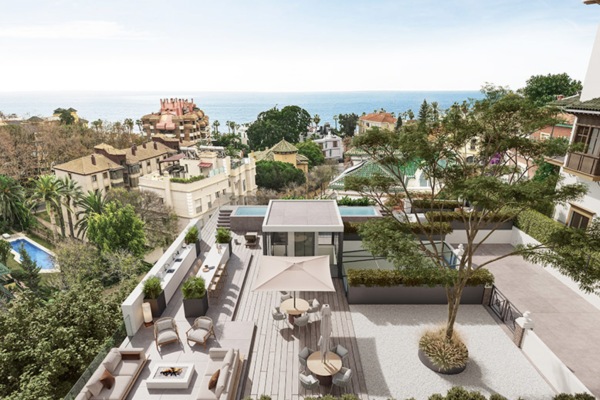While traditionally, larger cities such as Barcelona and Madrid were the primary magnets for American expatriates, Málaga is rapidly emerging as the preferred destination in Spain.
Málaga consistently earns recognition as one of the most desirable places to live, invest, and work, as highlighted in a Forbes article titled “The 20 Best Places for Americans to Live, Invest, Work in Europe.” This recent acknowledgment places Málaga alongside other Spanish cities.
The population of US citizens making Spain their home is experiencing a noticeable increase, as indicated by the latest official statistics. Concurrently, there has been a substantial rise in American visitors, with approximately 2.8 million recorded last year alone, signifying an annual surge of 250 percent. Notably, a significant portion of these visitors is expressing intentions to extend their stay in Spain.
Overcoming the challenge of qualifying for a visa is a common concern among US citizens desiring a move to Europe.
Spain offers an ideal destination for Americans seeking to relocate to Europe, with a range of visa options that facilitate long-term residency.
However, many are unaware that Spain provides several visa alternatives, with three notably accessible – namely, The Golden Visa, The Non-Lucrative Visa, and the Digital Nomad Visa.
1. The Golden Visa is an investor-type residence to attract capital into the country by letting foreigners invest in financial and real estate assets. The program is addressed to all non-EU citizens who are willing to make a substantial investment in Spain.
The following types of investments are defined by the Spanish government as significant investments of capital:
– Investment in public debt for a value equal to or greater than two million euros.
– Investment in the shares of Spanish companies, investment funds, or bank deposits worth one million euros or higher.
– Acquisition of Spanish real estate valued at a minimum of 500,000 euros or higher per applicant.
– Development of the Entrepreneurial project on the Spanish territory which would create jobs and impact positively the country’s socioeconomic level as well as support scientific and technological innovation.
2. The Non-Lucrative Visa targets those contemplating retirement in Spain or planning to reside there for over 90 days without employment. Securing this visa merely requires demonstrating the financial capacity to support oneself.
As the name suggests, the non-lucrative residence does not allow its bearer to work in Spain, meaning you need to have enough economic means or regular income elsewhere to support you and your family while residing in Spain. Considering its non-lucrative nature, such a permit would ideally suit all pensioners willing to retire in Spain, individuals who have sufficient funds without the need to work, or those receiving passive income.
Have the necessary economic means to support yourself and your family for the period of residence in Spain and for the return to the home country in case required. The criteria to define the sufficient level of income is based on the IPREM which is an official public income index, and which in 2023 equals 600€. The monthly income level required for the main applicant equals 400% of IPREM, so around 2’400€ a month or 28’800€ a year. And 100% IPREM additionally monthly for each family member (7’200€ annually).
Restriction to perform professional or economic activity in Spain is basically the one and only limitation of this residence permit, as for the rest it allows its bearer not only to reside legally in Spain but also to invest in property or shares, to enroll on educational programs, as well as to travel freely within other Schengen countries. The main applicant can also bring his/her family to enjoy the same advantages of the non-lucrative residence in Spain.
3. Furthermore, the recently introduced Digital Nomad Visa permits remote workers to live in Andalucía for up to five years, with the option for renewal contingent upon continued fulfillment of visa conditions.
Digital Nomad Visa (in short DNV) targets exclusively non-EU citizens who wish to reside in Spain and work remotely for companies based outside of Spain. The applicants can be either employed or self-employed and the work can only be carried out remotely. In case of being employed, the applicant can only work for a company based outside of Spain. In the case of the applicant being a freelancer (self-employed), part of the professional activity can be carried out for companies based in Spain, as long as it doesn’t exceed 20% of the total income.
Why Malaga?

